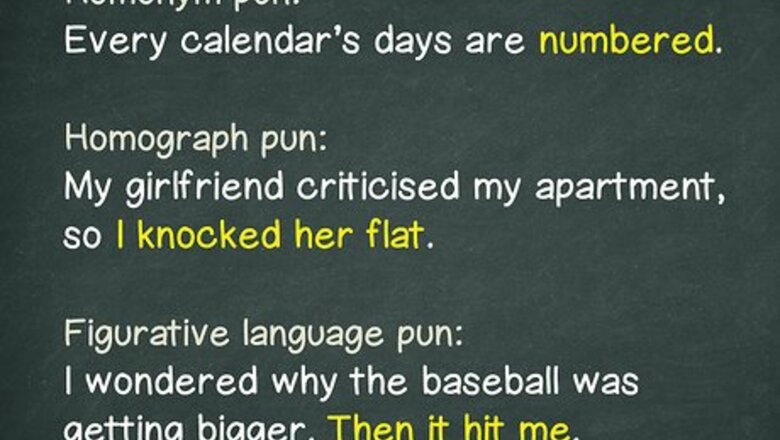
views
X
Research source
[2]
X
Research source
[3]
X
Research source
[4]
X
Research source
While many might groan at "dad jokes" that are often puns too bad not to laugh at, a pun well done can impress the palate of even the most discerning connoisseur. An apt pun at the right moment can have a strong effect on those who hear it. To make puns yourself will require a knowledge of the kinds that exist, as well as an understanding of context, timing, and lateral thinking.
Cultivating Your Punning Ability
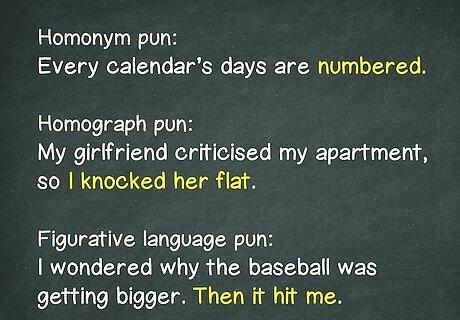
Understand the anatomy of a pun. Puns take a variety of shapes and forms. Some revolve around same sounding words, while others are more oriented toward meaning. Several puns can be used in tandem to make a compound pun, or compunned. Some puns involve words that sound similar, such as the imperfect rhyme formed by "orange" and "door hinge." Homonyms, or words that sound the same, are especially useful for the purposes of making puns. Homographs, words that are spelled similarly, can be like a present to gifted punners. Figurative language puns, where the figurative expression creates humorous double meanings. Some examples of puns include:"I wondered why the baseball was getting bigger. Then it hit me.""I knew a guy who had his left side cut off, He's all right now.""I used to be a banker, but I lost interest.""Two silk worms got into a race and ended in a tie."
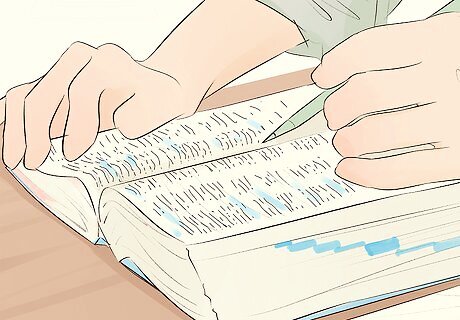
Increase your vocabulary. This doesn't have to be a rigorous study of academic texts and dusty tomes. Simply take note of the words and phrases you hear or read daily and thoughtfully consider what makes them interesting or humorous. Even reading novels for fun, daily newspapers, or magazines can provide you with a treasure trove of words and phrases upon which you can build. Carry a note pad and pen with you wherever you go. You never know when you'll hear a great set-up for a pun, or when an idea for a good pun will occur. Learn sayings and proverbs like "All that glitters is not gold" or "There's more than one way to skin a cat." These figurative expressions can be intentionally misinterpreted to create a winning pun. Consider subscribing to a daily vocabulary building service, like one that sends you new or interesting words by email.

Use a rhyming dictionary for near-rhymes. Especially if you have a target phrase or concept that you are trying to mold into a killer pun, a rhyming dictionary can be helpful for generating ideas. Take the word or phrase you are punning on and search it in an online rhyming dictionary. Write down your word(s), all the terms that rhyme, and then think of how to combine or juxtapose those words in interesting or humorous ways.
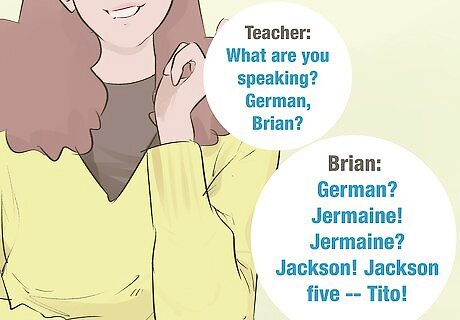
Practice free association. Free association is where you link terms together that have a similar sense, but aren't necessarily logically connected. Words have emotional, historic, and intellectual components that can be humorous in the right situation. Comedian Brian Regan artfully does this when relating a conversation he had with a teacher: Teacher: What are you speaking? German, Brian? Brian: German? Jermaine! Jermaine? Jackson! Jackson five -- Tito! Teacher: Brian, what the hell are you talking about!? Brian: I don't know. I don't know, really...
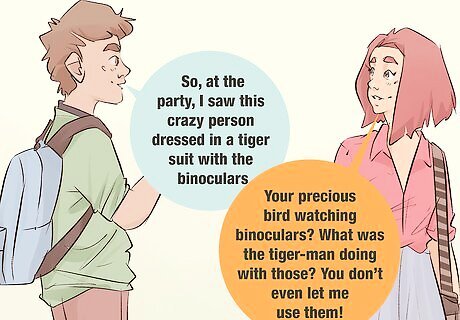
Notice pun-tential with prepositions. Though we string words together one after another, the concepts represented by words form a mental structure that is sometimes unclear. These ambiguous sentences are often marked with prepositions (at, with, on, near, opposite, etc.), and pointing out that ambiguity can get a chuckle from the people you speak with. An example of this might look like: Friend: So, at the party, I saw this crazy person dressed in a tiger suit with the binoculars. You: Your precious bird watching binoculars? What was the tiger-man doing with those? You don't even let me use them!
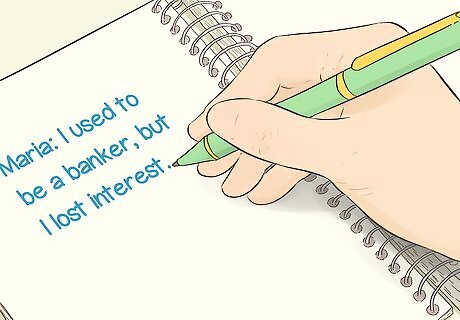
Pun through writing. While you're getting the feel for punning, you might feel self-conscious or like you're not very good. Rest assured, even naturally talented comics have to work hard to become great punsters. To help your punning skills grow, you might want to practice punning through writing by: Listing common clichés and creating puns from these. Inventing a character that frequently uses puns and putting her into interesting situations/conversations. Writing down favorite phrases and giving these a twist with a near-rhymes or like-sounding words.

Watch expert punsters. Every year, the O. Henry Museum in Austin, Texas, holds a contest to see who is the punniest of all. By watching online videos of the O. Henry Pun-Off, you can develop your comedic timing, train your punning sensibilities, and maybe even be inspired with new material.
Making a Pun

Listen intently to the conversation. Careful listeners can best recognize the opportunity to make a pun when it arrives. But a true pun expert can, with enough creativity, make a pun in almost any situation. While listening, allow your mind to freely associate and consider potential homophones that you might use to get a laugh. To help you get into the swing of punning, you might try rhyming in your head as you listen to conversation. This can be distracting at first, but with practice, can allow you to quickly think of a near-rhyme pun.
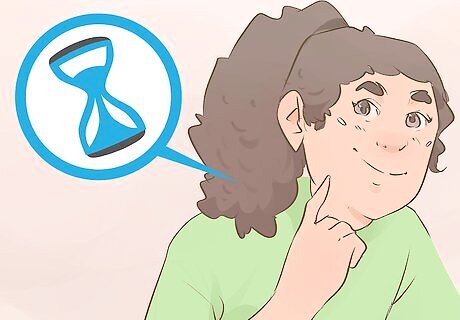
Identify the right moment. Conversation between even talkative people is littered with pauses. People tend to pause for a slightly longer interval at the end of a phrase or while grasping for the next thing to say, and these moments are ideal places for you to make your pun. You might also wait until something humorous occurs or your conversation partner tells an amusing story. Then you can use of the light atmosphere to your advantage and make your pun.
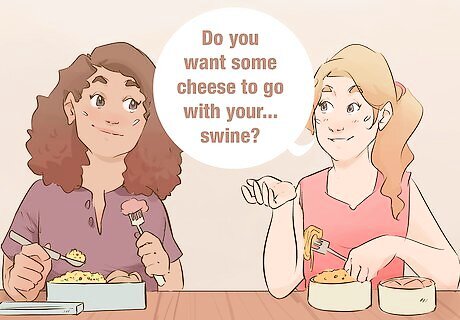
Recognize good candidates. As quickly as you can, think up as many synonyms, homonyms, or near-rhyme words. Most of these will likely be poor options for the pun you are trying to construct, but you'll have to dig through the duds to find your pun diamond. Some examples of suitable situational puns are: When a friend is struggling with foil wrapper, you can interject with, "I haven't seen a wrapper that obnoxious since Kanye." When eating a meal with pork, you might ask your dining companion, "Do you want some cheese to go with your... swine?"
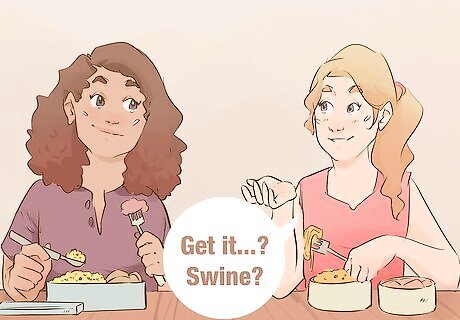
Cue your audience where necessary. An important element to a well-delivered pun is its sense of surprise. Most puns twist well known words or phrases in a way that is unexpected and intriguing, which is what gets laughs from listeners. This is one of the dangers of puns; sometimes your audience will miss your joke, in which case, you may want to cue your audience. You might do this by: Ending the pun with a large, over-exaggerated smile and a wink. Take an exaggerated pause after the pun to give listeners time to comprehend the joke. Repeating the punned elements. To use the previous pun on Kanye West as an example, you might say, "Get it? Wrapper/rapper? Obnoxious? Kanye West, the famous rapper???"
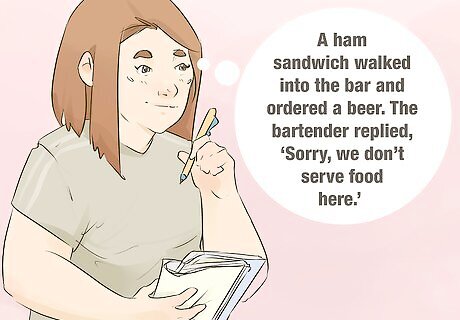
Know good puns from bad puns. Bad puns are usually those that are too obvious or have been repeated excessively. However, there is a phenomenon in punning where, if the pun is bad enough, it becomes funny again. Some examples might look like: Bad puns:"Denial is not just a river in Egypt.""Put that down, it's nacho cheese.""Make like a tree and leave!" Funny bad puns:"A ham sandwich walked into the bar and ordered a beer. The bartender replied, 'Sorry, we don't serve food here.' ""Why did the Clydesdale give the pony a glass of water? Because he was a little horse.""What time did the man go to the dentist? Tooth-hurty."
Making Unexpected Puns
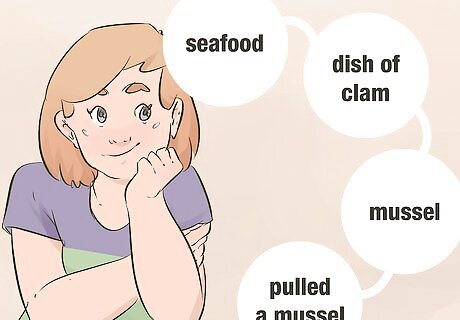
Connect unrelated concepts. Punning is all about plays on words, or, to phrase it another way, about making jokes that connect things not obviously connected. Thinking in this way and seeing those connections, however, is rarely natural, and must be trained through effort. To train your mind to connect unrelated topics and be more aware of opportunities for pun, you might: (1) Make one list of things you've experienced throughout the day and another list of things you've heard about from the news, other media, or conversation.(2) Between the two lists, try to draw a connection between the first item on each. Then draw a connection between the second items.(3) Continue relating items until one, or both, lists are exhausted.
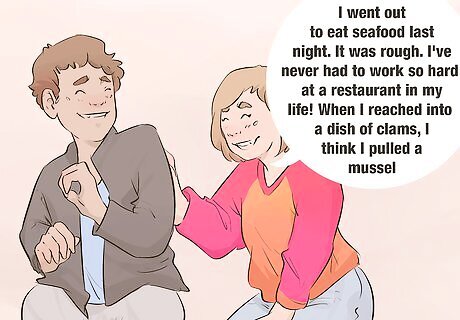
Use your real life experiences. Making a list can help with this practice, though you can do it in your head any time you like. Take an event that has happened to you recently and consider it in terms of another, unrelated event. For example: "I went out to eat seafood last night. It was rough. I've never had to work so hard at a restaurant in my life! When I reached into a dish of clams, I think I pulled a mussel." "Every day, I walk my dog. And every day, when we walk by this hot dog joint, he just goes crazy! I guess that's what they mean when they say dogs are territorial."
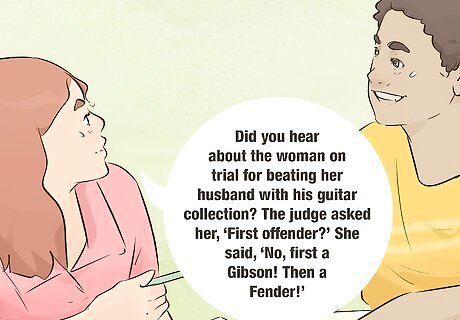
Utilize your background knowledge. While you may have just met the person you are speaking with, it's likely that within a few minutes you'll have some information about him, his family, and his background. In other cases you might know the person you are talking to quite well, which can turn into ammunition for your puns. Keep these things in mind, and when trying to make a pun, see if you can work this information into your joke. Knowing a little about guitars, you might make a pun on guitar names with your more musical friends. For example: "Did you hear about the woman on trial for beating her husband with his guitar collection? The judge asked her, 'First offender?' She said, 'No, first a Gibson! Then a Fender!' "
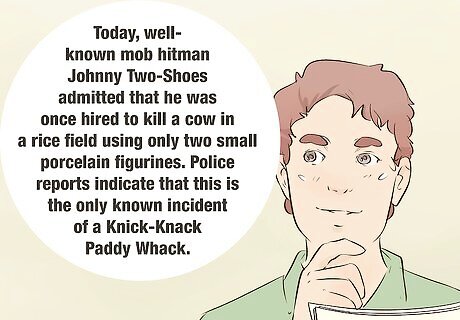
Execute your puns without being excessive. It's true, you can love a thing too much, and if this is the case with your romance with puns, you might want to choose your punning moments carefully. Unless you are a pun genius, the people around you may become annoyed or frustrated at constant punning. You may want to postpone making a pun until you have an exceptionally good one, like comedian Colin Mochrie, who said: "Today, well-known mob hitman Johnny Two-Shoes admitted that he was once hired to kill a cow in a rice field using only two small porcelain figurines. Police reports indicate that this is the only known incident of a Knick-Knack Paddy Whack."














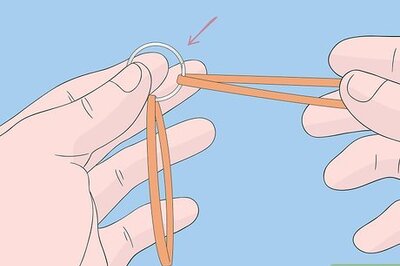
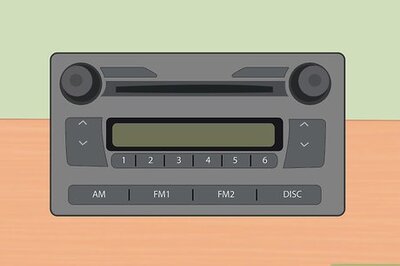




Comments
0 comment